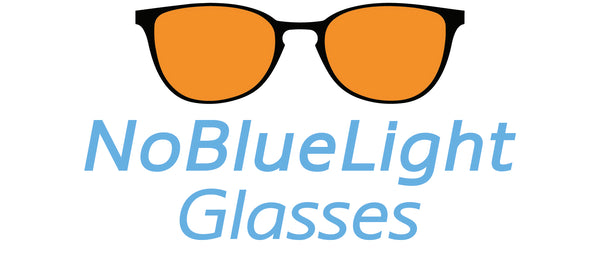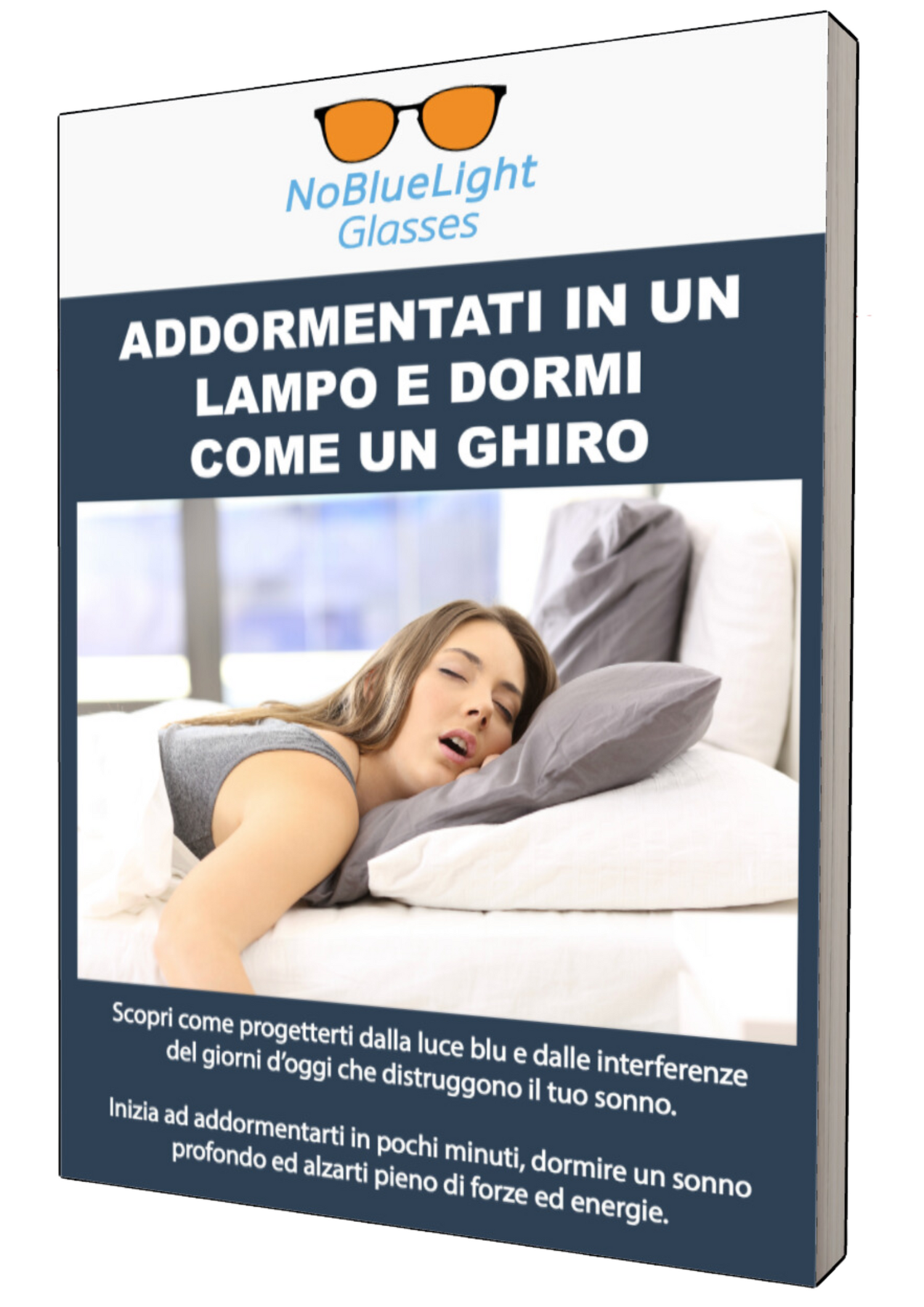
Because you fall asleep even after being exposed to blue light ?
Share
Have you ever wondered why you sometimes fall asleep easily even after using your cell phone or another device until late?
As you probably already know, blue light is responsible for low melatonin levels in our body in the evening…

This is because the presence of blue light after sunset blocks the production of melatonin…
Despite this, there are many people who still manage to fall asleep in a few moments in the evening, even after being exposed to blue light…

However, falling asleep quickly and staying asleep at night is not synonymous with quality sleep…
In fact, many people, even though they fall asleep in a few moments, do not sleep a deep and regenerating sleep…
There are cases of people who sleep all night, but the next day they don't really feel rested and full of energy...

How did this happen?
In this article we will explore the “responsible” for this effect, namely “homeostatic sleep pressure”.
What is Homeostatic Sleep Pressure?
Homeostatic sleep pressure is a key concept in understanding our sleep-wake cycle.
Imagine a “tiredness tank” that gradually fills up throughout the day.
The more time you spend awake, the more this tank fills up.
Here's how it works:
-
The tank fills up while you are awake, hour by hour;
-
When full, the body "asks" to sleep;
-
While you sleep, the tank slowly empties, hour by hour.
This is the “homeostatic sleep pressure”, which we can define as “tiredness”.
This explains why after a long day you may fall asleep easily even after being exposed to blue light…
The “tiredness tank” is full and makes you fall asleep in a few moments.
Sleep pressure is only one of the two processes that regulate our rest…
The other process that regulates our sleep is the Circadian Rhythm.

As sleep pressure builds, another system is at work: the circadian rhythm.
This "internal clock" regulates many functions of our body, including the production of melatonin, the sleep hormone.
The circadian rhythm, also known as the “biological clock”, has always been regulated in nature by light.
Or rather: our body, in relation to the perceived light, regulated our circadian rhythm thanks to two hormones: cortisol and melatonin.
During the central hours of the day, when the sun emits large amounts of blue light, our body produces cortisol, also known as the “stress hormone.”

This keeps us awake and alert.
After sunset, however, when blue light is absent in nature, our body stops producing cortisol to produce melatonin, the sleep hormone.
This, combined with sleep pressure, has always made us sleep deeply and restfully.
It worked like this:
1- in the evening, when the “tiredness tank” was full - that is, the accumulated sleep pressure was high - our body pushed us to sleep;
2- Our circadian rhythm did the same by producing high levels of melatonin given the absence of blue light.
Melatonin levels actually continued to rise naturally after sunset due to the absence of blue light...
This melatonin, added to the pressure of sleep, also led us to sleep.
The result of these two “complicit” processes was a deep and regenerating sleep.

That’s why you might still fall asleep at night even without blocking blue light: Your “tiredness tank”—aka sleep pressure—is pushing you to sleep.
However, since you do not have high levels of melatonin and are exposed to blue light, you will have a light and not very regenerating sleep.
This doesn't mean waking up every hour or not getting any sleep…
Rather, it means not entering deep sleep phases or doing so for a short time.
Since the most important recovery processes for our body take place in these phases, you may wake up the next day not completely rested and full of energy.
Or you may feel sleepy and listless during the day…
Here's why: The sleep you got was driven by your sleep pressure but not by your circadian rhythm, which is thrown off by the blue light emitted by our devices and the lighting in our homes.
It's like eating junk food when you're very hungry: it fills you up temporarily, but it doesn't really nourish you and can cause long-term problems.

How to solve this problem?
The solution to a deep and restorative sleep like the one our ancestors slept is only one: align sleep pressure and circadian rhythm to obtain quality rest.
As?
Blocking blue light at least 2 hours before going to sleep.
Blocking blue light at least 2 hours before going to sleep allows our body to naturally produce melatonin.
This gives us a deep, restful sleep, which will make us energetic and productive the next day.
There are only two solutions to block blue light naturally.
1- The first is to avoid using any device such as smartphones, TV and PCs at least 2 hours before going to sleep.
In addition to this, it is necessary to illuminate our homes only with combustion lighting sources such as fire or candles that do not block the production of melatonin;
This is because the LED lighting in our homes also emits dangerous amounts of blue light which blocks our body's production of melatonin.

2- The second solution is to block blue light.
In the world we live in, it is practically impossible not to use electronic devices or house lights in the evening.
Social networks have become an essential tool for staying in touch with distant friends or family members.
The evening is also the time of day when most people are usually free and can unwind by enjoying a film or a TV series.
Fortunately, we can continue to have these habits, but it is necessary to block the blue light.
The only way to do this is to wear chronobiological blue light blocking glasses.

But beware: not all blue light blocking glasses actually work.
You can find a guide about it at this link.
I personally suffered from insomnia and when I discovered that it could be caused by blue light I tried several pairs of glasses that claimed to block it…
Unfortunately they didn't solve any of my problems and it took me months to understand that the problem was due to the fact that they blocked too low percentages of blue light...
It took me weeks to find a model of blue light blocking glasses that actually worked…

After realizing that it could really work, I waited another few weeks to have it delivered to Italy.
After trying it and seeing its effects, I decided to develop a line also available in Italy with these special lenses: the No Blue Light Glasses.
These glasses block 97% of blue light.
By wearing them 2-3 hours before going to sleep, your body will produce melatonin properly.
This is for you It will help you get a deep and restful sleep as well as protect your eyes.
I know how poor quality sleep impacts all areas of your life.
That's why I decided to help people like me who suffer from insomnia problems and to create a small company selling No Blue Light Glasses.

Precisely because these are anti-blue light glasses that really work, bringing several benefits to sleep and eyes, I decided to give you the chance to try them for 60 days without risks.
You can try No Blue Light Glasses for 60 days with our money back guarantee.
If you don't notice a significant difference in your sleep quality, we'll give you a full refund and pick up your glasses at our expense.


